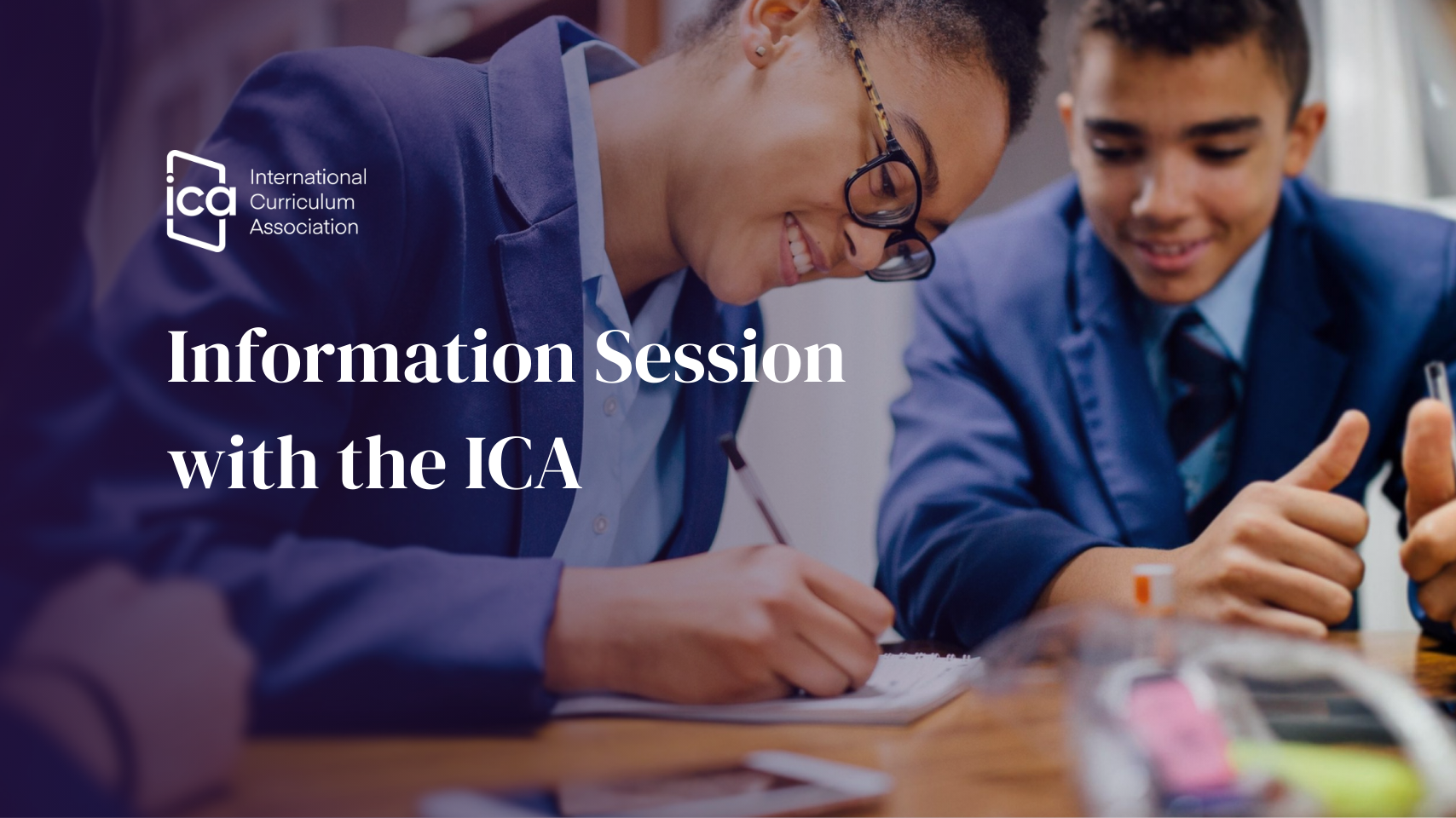
14 November 2025
Oops, something went wrong.
Find out more about the ICA's products and services!
Enquire nowThe International Curriculum Association (ICA) benefits over 1,000 schools in more than 90 countries.
Our Model for Improving Learning encompasses a suite of dynamic and rigorous curriculum materials, which foster exceptional learning experiences, alongside impactful professional development resources and a supportive and empowering Accreditation pathway.
Our portfolio of services can be delivered in isolation, or as a package, and all support the development of key transformative literacies within learners around the world.
Our dynamic and rigorous curriculum materials means that you are investing in teachers to give them the time to focus on the “how” of teaching, rather than the “what”. We know that schools are increasingly looking to implement hybrid curricula, our Model for Improving Learning is not just a framework for delivery, but provides content for less experienced teachers, giving them room to develop.
ICA schools can draw upon the experiences of peers around the world and undertake collaborative professional development. Our PD Hub provides resources to support teachers and leaders, including consultancy, webinars, online courses, and networking communities.
Educators at ICA schools benefit from a variety of professional development opportunities that are designed to enhance knowledge, skills, and competencies, ensuring they remain effective and innovative in their teaching practices.
Our adaptable curriculum not only promotes global competence and aligns with local contexts but also nurtures students to become passionate, informed, and compassionate learners, while supporting the United Nations' Sustainable Development Goals.
Being part of the ICA means having access to guidance and support in achieving and maintaining high standards of quality assurance and accreditation. This can enhance the credibility and reputation of schools, attracting stakeholders who value excellence in education.